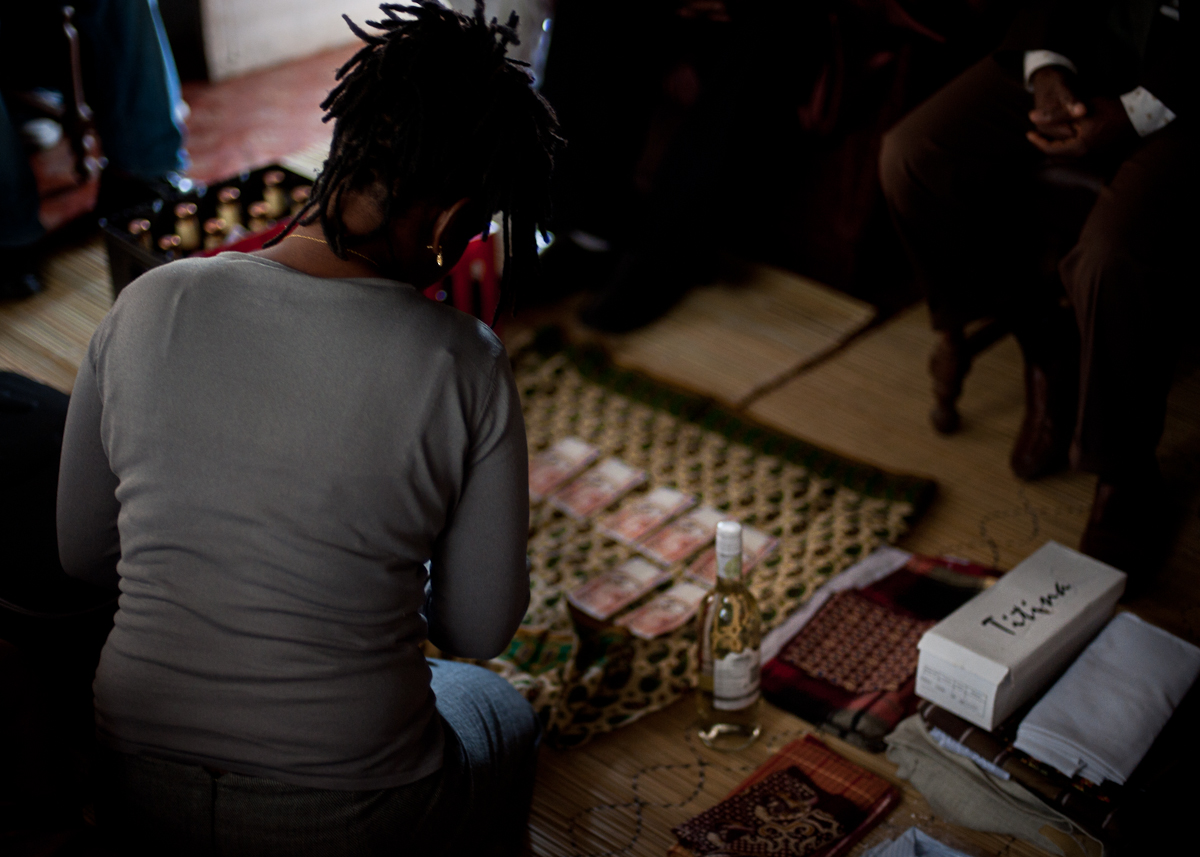CLAIM: The proposed new marriages law bans the traditional practice of paying lobola.
Source: Various social media claims
VERDICT: FALSE. The proposed new law only seeks to remove lobola as a prerequisite for the registration of customary unions. It does not abolish the traditional practice.
Zimbabwe’s new Marriages Bill, which was approved by the lower house of Parliament on June 4 and is on the verge of being passed by the Senate, seeks to repeal and replace the current Customary Marriages Act [Chapter 5:07] and the Marriage Act [Chapter 5:11].
The result will be a combined Act of Parliament governing marriages in Zimbabwe, instead of the current two. The new legislation will also align the country’s marriage law with the Constitution, in terms of, among other provisions, gender equality and outlawing child marriages.
However, the provision that seeks to remove the requirement of a marriage consideration – bride price, lobola or roora – has generated some controversy. This provision has been misinterpreted to mean that the new law seeks to abolish lobola.
What does the current law say?
Currently, marriages that happen under various African customs are regulated under the Customary Marriages Act of 1951.
In terms of this law, a customary marriage is completed only after the guardian of the woman has consented to the union and has agreed to the form and amount of the lobola.
Section 4(2) of the Customary Marriages Act says:
“In addition to the customary marriage officer and the parties to the marriage, there shall be present at the solemnisation of every marriage in terms of this Act the following other persons—
(a) the guardian of the woman or a deputy appointed by such guardian: Provided that, if the solemnization of the marriage has been authorized by a magistrate in terms of section five or if the customary marriage officer is satisfied that the guardian of the woman has consented to the solemnization of the marriage and has agreed to the form and amount of the marriage consideration, the presence of the guardian of the woman or his deputy shall not be necessary; and
(b) a witness, who shall be the chief, headman or village-head of the guardian of the woman or such other person as the customary marriage officer may approve.”
New provisions
Section 15 of the new Marriages Bill only requires that both parties to a customary marriage give their consent and satisfy other legal requirements. These requirements no longer include the presence of the woman’s guardian and confirmation of lobola.
Section 15(5) of the proposed law reads:
“If the marriage officer is satisfied— (a) that the intended husband and wife freely and fully consent to the marriage;
and
(b) that no lawful impediment exists to the proposed marriage;
he or she shall proceed in terms of section 30 and such marriage shall be a valid marriage contracted according to customary law.”
Why the change?
Presenting the Marriages Bill in the Senate on Wednesday, Justice Minister Ziyambi Ziyambi said the proposed changes sought to address the problem of unregistered customary marriages.
“The first issue that I wish to address is the problem of unregistered customary law unions. The transfer of marriage consideration known as roora or lobola in our indigenous culture, traditionally solidified bonds between families, but a disturbing trend has developed over time to commoditise or monitise the marriage relation for material gain,” Ziyambi said.
“Some guardians of brides hold out for the highest possible gain for themselves, while others refuse consent to the formalisation of marriage until the last cent of the marriage consideration is paid. This is why so many of our customary and non-customary marriages are unregistered.
“To solve this, the Bill will no longer require a customary marriage officer to satisfy himself or herself that there has been an agreement on the transfer of marriage consideration. Please take note that the Bill does not abolish the institution of marriage consideration. It is not saying that. If the parties do agree on the transfer of such consideration, the registrar is under obligation to record it when registering the marriage so as to minimise disputes about the terms of such an agreement.”
Conclusion
Zimbabwe’s proposed new marriage law does not ban lobola. While the new law seeks to remove the requirement that customary marriage officers satisfy themselves that lobola has been paid before solemnising customary unions, this is no longer the case. But there is no provision in the new law that abolishes lobola.
Do you want to use our content? Click Here












